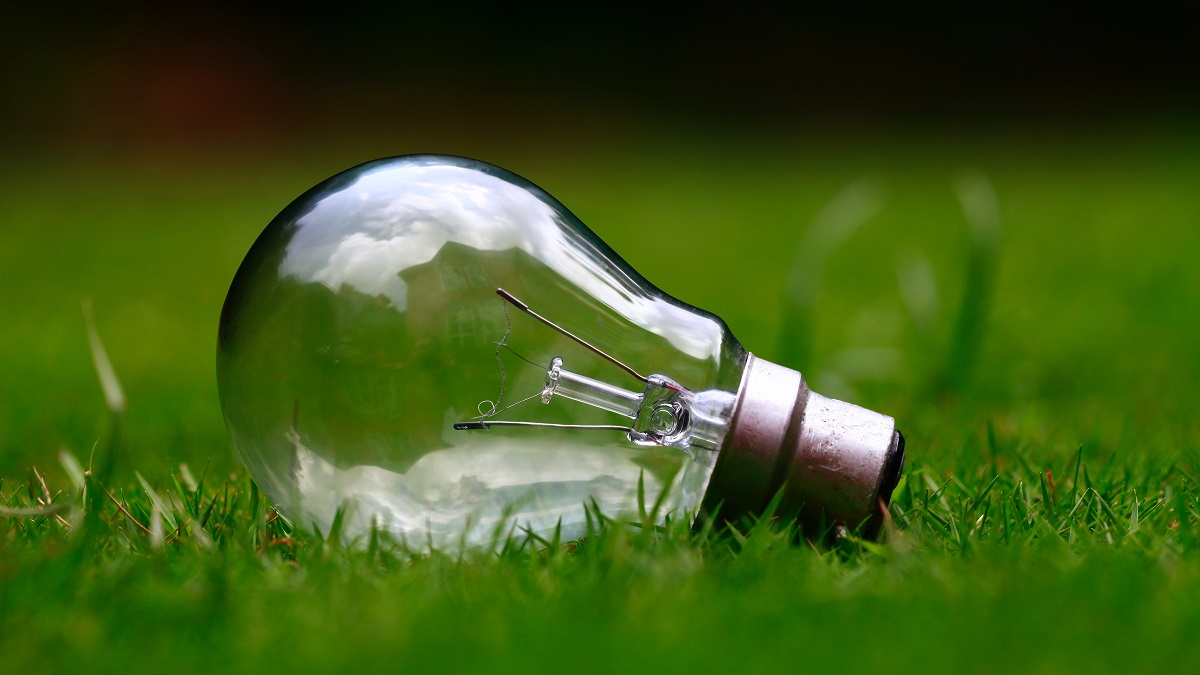RWE, Germany’s largest power producer, and Neptune Energy, an independent petroleum producer, announced on Tuesday, Feb 15 that they would collaborate to establish a green hydrogen demonstration project in the Dutch North Sea by 2030.
Green hydrogen is a zero-carbon fuel produced by splitting water into hydrogen and oxygen using renewable wind or solar power, which proponents claim would help reduce global warming.
RWE has said that it intends to install 2 gigawatts (GW) of electrolyzer capacity by 2030 as part of a 50 billion euro ($57 billion) investment push into renewables and hydrogen, according to Reuters.
According to RWE and Neptune Energy, the “H2opZee” offshore project has an electrolyzer capacity of 300 to 500 megawatts (MW) that can convert offshore wind power to hydrogen.
The initiative is seeking funds from the Dutch national growth fund, and an RWE spokeswoman said it was too early to calculate RWE’s spending until it was apparent how much external cash would be available.
“Hydrogen is a gamechanger in the decarbonization of energy-intensive industries, and H2opZee is one of the world’s first projects of this sort and size,” said Sven Utermoehlen, RWE Renewables’ head of offshore wind.
The project’s hydrogen will be transported ashore through an existing pipeline with a capacity of 10 to 12 GW, making it ideal for gigawatt-scale roll-out in the North Sea, they noted.
The corporations said that they want to begin a feasibility study in the second quarter of 2022 and that the Dutch government supports the idea.

